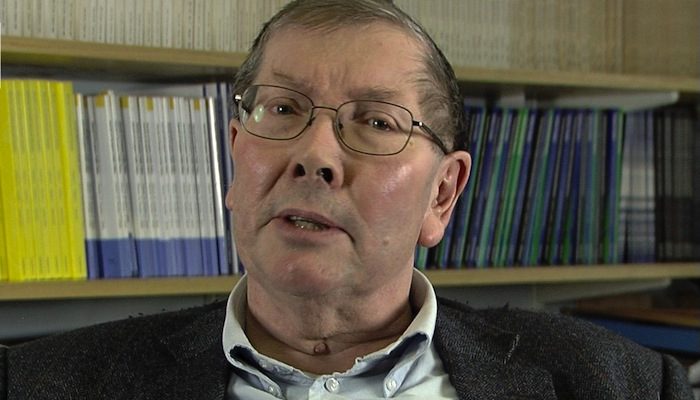
E-International Relations (E-IR) was founded 10 years ago this week. During that time we have interviewed over 150 academics, policy-makers and journalists. To celebrate E-IR’s 10th anniversary we asked some of our existing interviewees two further questions reflecting on the last decade in International Relations.
Chris Brown is Professor of International Relations at the London School of Economics. His books include his books International Relations in Political Thought: Texts from the Greeks to the First World War co-authored with Terry Nardin and N. J. Rengger, and Understanding International Relations, written with Kirsten Ainley, Practical Judgement in International Political Theory and Sovereignty, Rights and Justice. Professor Brown discussed the theory-practice divide, non-Western political theory, the Syria crisis and the Responsibility to Protect doctrine in an interview with E-IR in 2013.
What changes have you seen in International Relations or your field over the last 10 years?
In my own area of International Political Theory I’ve seen two changes over the last decade, both in a positive direction. The first is a lessening of interest in post-Rawlsian, cosmopolitan ideal theory on global justice – this is a discourse that has been going nowhere for a very long time and its practitioners seem mostly to have realised that this is so, and refocused on topics where theorising might actually make more of a difference. See, for example, the work on the environment and global health issues of scholars such as Simon Caney and Thomas Pogge.
Second, it has been good to see a revival of interest in Just War theory and the ethics of force; partly this is due to the efforts of analytical political theorists such as David Rodin and Jeff McMahan, whose work I’m not very fond of but who have certainly revitalised the field, but also we’ve seen the emergence of a younger generation of theorists using the tradition to address modern topics.
What books, or other media, published in the last 10 years has made an impact on you and/or the discipline?
There are rather too many possible answers to this question! Fritz Kratochwil’s The Status of Law in World Society is an important statement, and Alex Wendt’s Quantum Mind and Social Science is really fascinating and may prove of great long term significance (though I still think quantum mind is a metaphor). In terms of my own more specific interests, two books have really reshaped how we (or at least I) think about human Rights – Samuel Moyn The Last Utopia and Steve Hopgood The Endtimes of Human Rights.